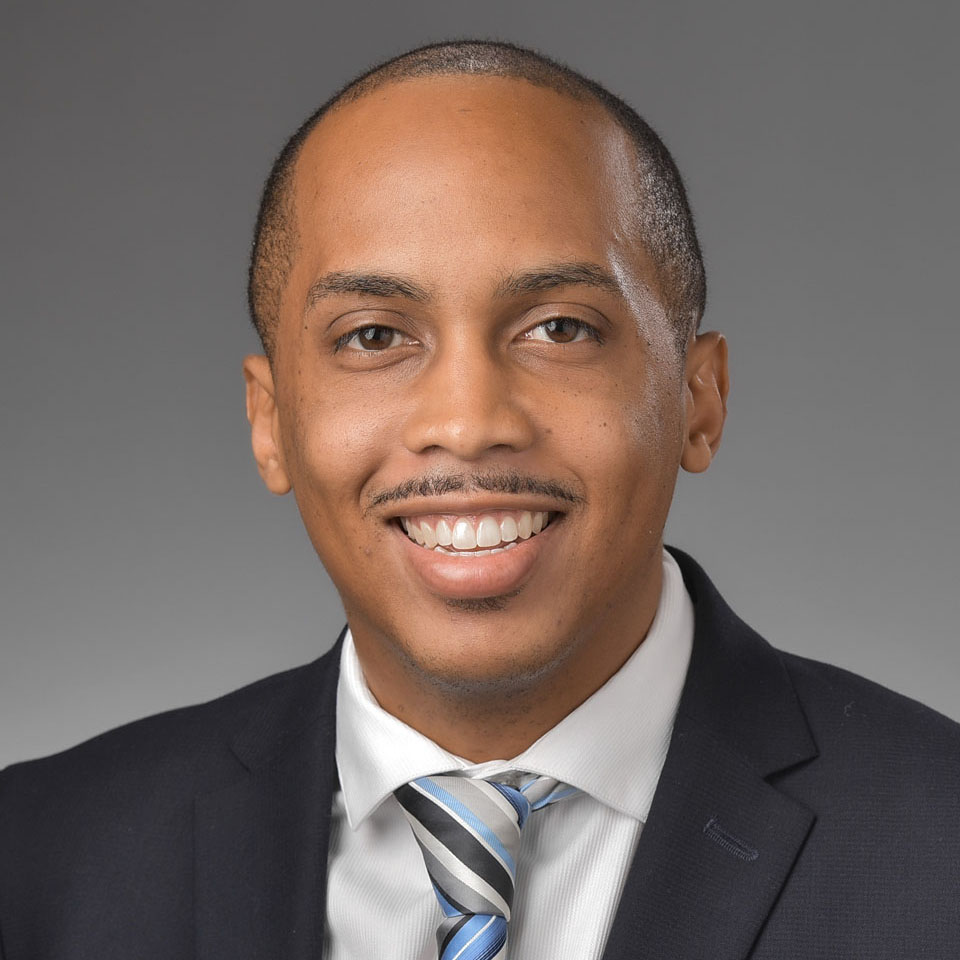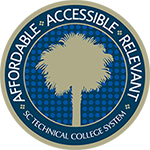Chief Diversity Officer is a relatively new position at Midlands Technical College, but Patrick Bennett is eager to find ways to connect faculty, staff and students and help them understand what diversity, equity and inclusion means. Moving into an administrative role after serving as a communications professor for several years has required Patrick to approach his job differently – and he is more than up to the task! He describes the opportunity to come up with ideas and events that increase inclusion efforts as “the most joyful part of my job.”
What motivated you to participate in the CCLA cohort?
Three things:
- I’ve always wanted to go back to school and get my PhD. I saw participation in the CCLA cohort as the guiding push I needed to do that. In fact, I start my second year in USC’s PhD program this month.
- From a diversity perspective, when I look at leaders in our technical college system – or even in higher education across the United States – there are not many black male administrators. That makes me want to be a role model for others coming after me – so that they can see someone like me in an administrative role. Building my leadership capacity was super important to fulfill that desire to be a model for others.
- The education was paid for. When I learned that the SC Tech System and my college would co-pay for this education – that I would basically get classes for free and wouldn’t add more debt to what I had already incurred – I was on board. Sign me up immediately! I had no serious hesitation at all.
You’ve got quite a few helpful tips for future CCLA participants. Give us your list.
- Know what you’re getting yourself into. The time commitment can be an adjustment, especially if you’ve been out of the higher education space as a student for a while.
- Don’t be afraid to reach out to your professors. They have high expectations but also understand that you are balancing other work and family responsibilities.
- Know what your end goal is. Are you satisfied with earning the graduate certificate, or do you want to use this to get an advanced degree?
- Connect with your fellow members. Use them as a resource. Bounce ideas off of them. Push them to do well and expect them to do the same for you.
- Some professors say things that challenge or even upset you, and it can be difficult to accept that they are the professor and you are the student – especially when you come from a leadership role. Practice humility and be open to new ideas.
What’s next for you? What are your long-term professional goals?
While part of me does, perhaps, aspire to be a provost or college president, I’m in an interesting career space right now. There’s so much potential here. I want to really build the Chief Diversity Office, build a culture of DEI at the college. I want to see what I can accomplish here first. And then who knows what possibilities may be on the horizon?!


